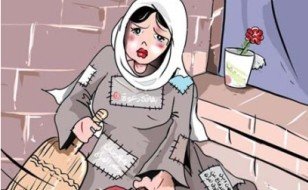The constitutional amendments to allow women wearing headscarves to attend university have been passed in parliament and have been sent to the President for ratification.
Freedom for some is not enough
The debate around allowing the wearing of headscarves has been framed within a discourse on “freedoms” on the one side and with “a threat to the laicist republic” on the other.
Around 400 academics have now refused to choose one of these polarised positions and have called for a more complete process of democratisation, including the abolition of Article 301 and compulsory religious education classes, the guarantee of academic freedom, equal rights for Kurds, Alevis and non-Muslims, more social and trade union rights for workers and an equal right to education.
The statement (in Turkish) as well as a list of the undersigned can be found at this website, which is still open for more signatures.
Against polarisation
The full statement reads as follows:
Our announcement to the public
We reject imposition; we will not make concession of our freedoms or of laicism.
We defend the right of university students to continue their education without discrimination or pressure based on their attire. Nevertheless, we worry that the methods with which this issue was brought up in isolation and in a manner stretching the law is reinforcing the rise in conservatism and polarisation of positions in this country.The freedom of attire should have been part of a more general democratisation programme which considered the demands for freedom from different sections of society. We believe that such a programme needs to contain the following as priorities: clear legal structures which prevent the discrimination against and oppression of “the others”, the immediate abolition of Article 301, the abolition of compulsory religious education classes, the guarantee of academic freedom, the provision of equal rights for Kurds, Alevis and non-Muslim citizens, more social and trade union rights for workers, and the implementation of the right to education for all the oppressed and poor sections of society who have been deprived at every level…We believe that social reconciliation can only happen on this basis.
Democracy needs sincerity and courage! (TK/AG)














